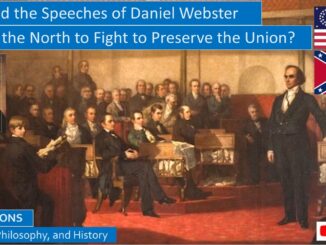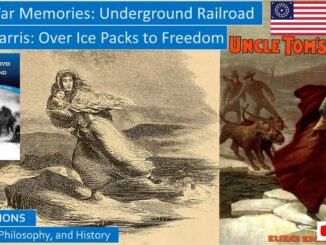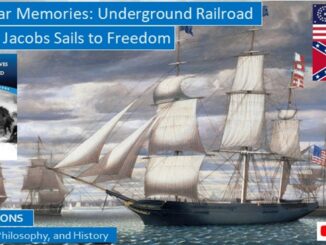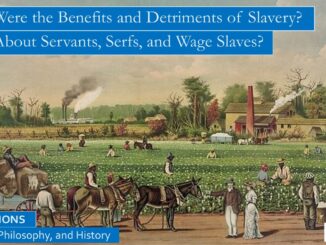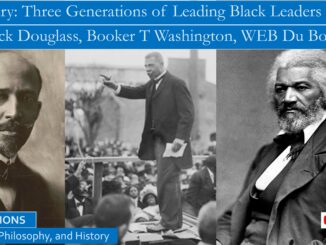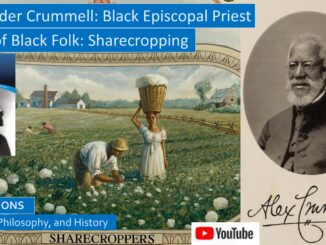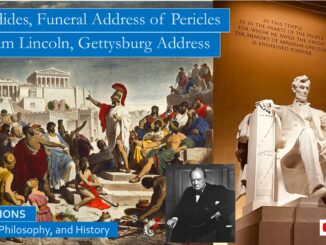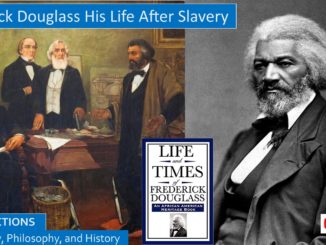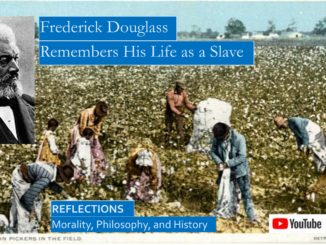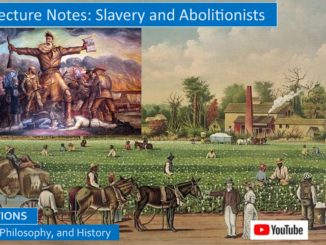When Abraham Lincoln met Harriet Beecher Stowe, he remarked, So you are the little lady whose little book started the Civil War. This book, Uncle Tom’s Cabin, was the best-selling book by far in 1852, eventually selling over a million copies, galvanizing Northern opinion about the horrors of slavery. This romantic novel from the point of view of ordinary slaves, and it really promoted that the lives of even slaves should have dignity, they were not just mere property like cows or horses, that slaves could the heroes and heroines of a tragic novel allowing the reader to imagine the horrors of a life lived bound in chains, of souls bound in cruel inequities, of human beings bound in a life of unending cruelties.[2]
The antithesis of Uncle Tom’s Cabin was the Supreme Court decision in Dred Scott vs Sanford in 1857. Dred Scott was a slave who sued his master for his freedom as his master moved him and his family between slave states and free states that banned slavery under the Missouri Compromise law. The Southern Chief Justice Roger Taney held that no negro had ever enjoyed the rights of a citizen under the Constitution. Negroes were denied the dignity of personhood, negroes were always property and would also remain property, negroes were declared by the Supreme Court decision to be “so far inferior that they had no rights which a white man was bound to respect.” This decision, which denied that the Constitution gave Congress the right to bar slavery in the territories, enraged public opinion in the North, bolstering the popularity of Lincoln and the Republican Party […]
